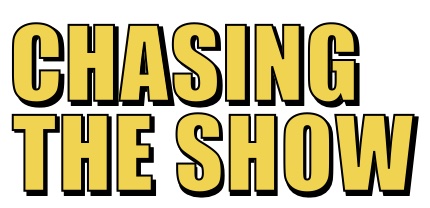Like most things in life, if it’s worth anything, it’s going to require some effort. Writing a book falls neatly into that category: it’s not particularly difficult to string words together, introduce some characters, follow some sort of plot and drop it into a setting somewhere, and eventually have a book. However, if you’re goal is to write something that speaks to people, something that evokes a response, something that stirs folks from the inside, and something that shares a little part of you, then yeah, it’s pretty tough.
The good news? When you’re truly committed to a goal, the degree of difficulty isn’t what determines your success; rather, it’s the level of determination and willpower you pour into the micro-steps required of the journey.
Writing a book requires a long series of small acts. Here are four to get you started:
- The big idea. That’s right, it all starts with a big idea. What’s yours? What’s the takeaway for your readers? Sometimes it starts with a question, like What would happen if a 20-acre farm suddenly collapsed into a giant sinkhole? Other times it’s a situation: Billy and his pals threw rocks at Mrs. Johnson’s window on the way home from school one day. They shouldn’t have done that. In my book, the big idea was this: Kids have dreams. How can adults support those dreams while also reinforcing the bigger picture about life?
- Read a lot. I’ve found that YouTube can be a marvelous way to learn things. That’s how I fixed a leaky pipe, replaced the windshield wipers in my car, and set up a generator at my house for the next big storm we get. However, if you want to learn to write a book, one of the best strategies is to read other books. Lots of them! The more you read, the more you get a sense of how authors share information, how they use language, and how they make ideas flow. So head to the library, grab a stack of books, and dig in!
- Write a lot. A few paragraphs ago, I mentioned “micro-steps.” Writing – and writing often – is a micro-step. And it doesn’t matter what you write: poetry, thank-you letters, blogs, rules to made-up card games, rap lyrics, short stories…they all count. The more you write, the more familiar language becomes to you, and the more readily you’ll be able to select the right words, the right sentence structure, and the right phrasing to bring your writing alive. I used to write in a journal, about a thousand words a day, most of them junk. Eventually, though, that practice came in handy!
- Just start. The hardest part of most projects – a homework assignment, a workout, applying for a job, painting a wall, knitting a winter cap – is taking the first step. Some folks will advise you to write an outline, others might suggest a story-board, and more might tell you to clarify your characters and the outcome. I say simply this: Do whatever works for you. Just start typing – you can always change it later, and once you get in the “flow,” it’s amazing what you’re capable of accomplishing!

